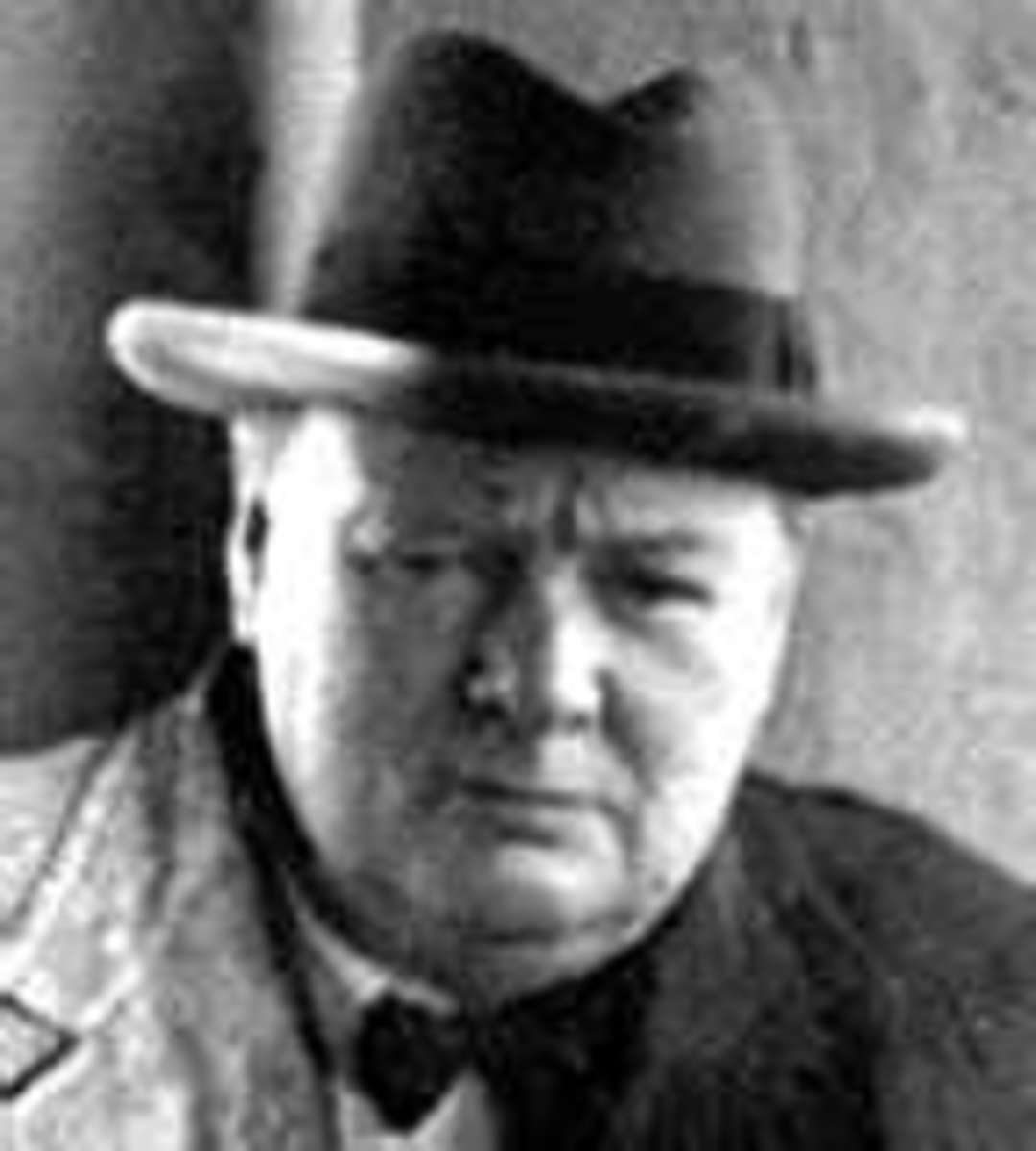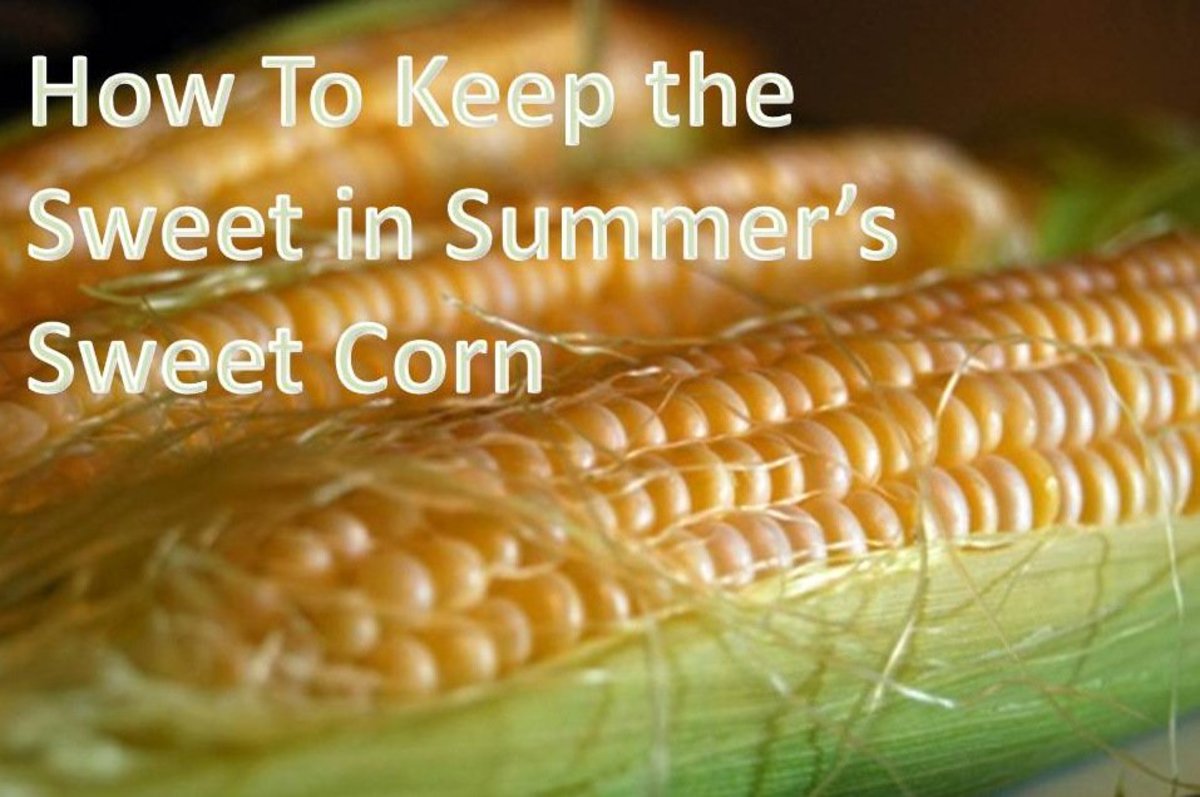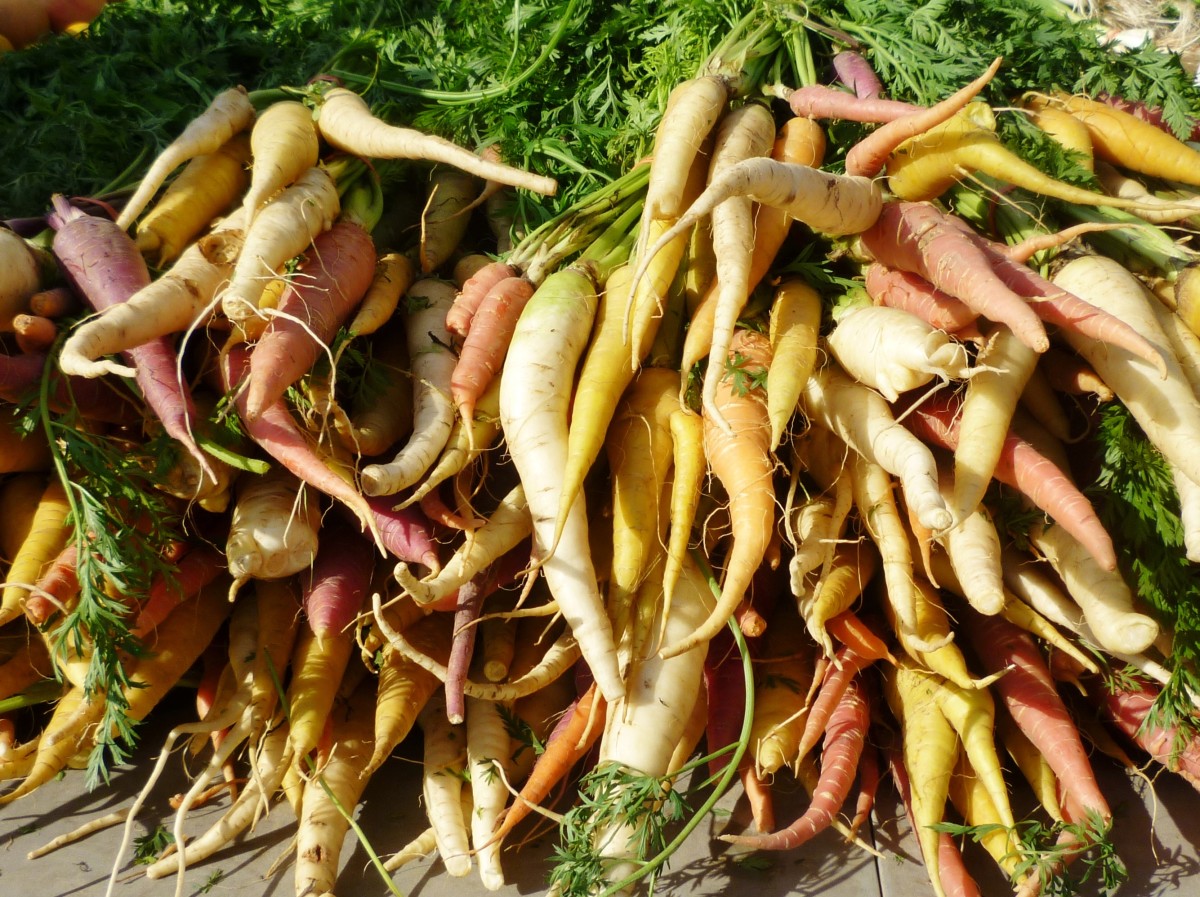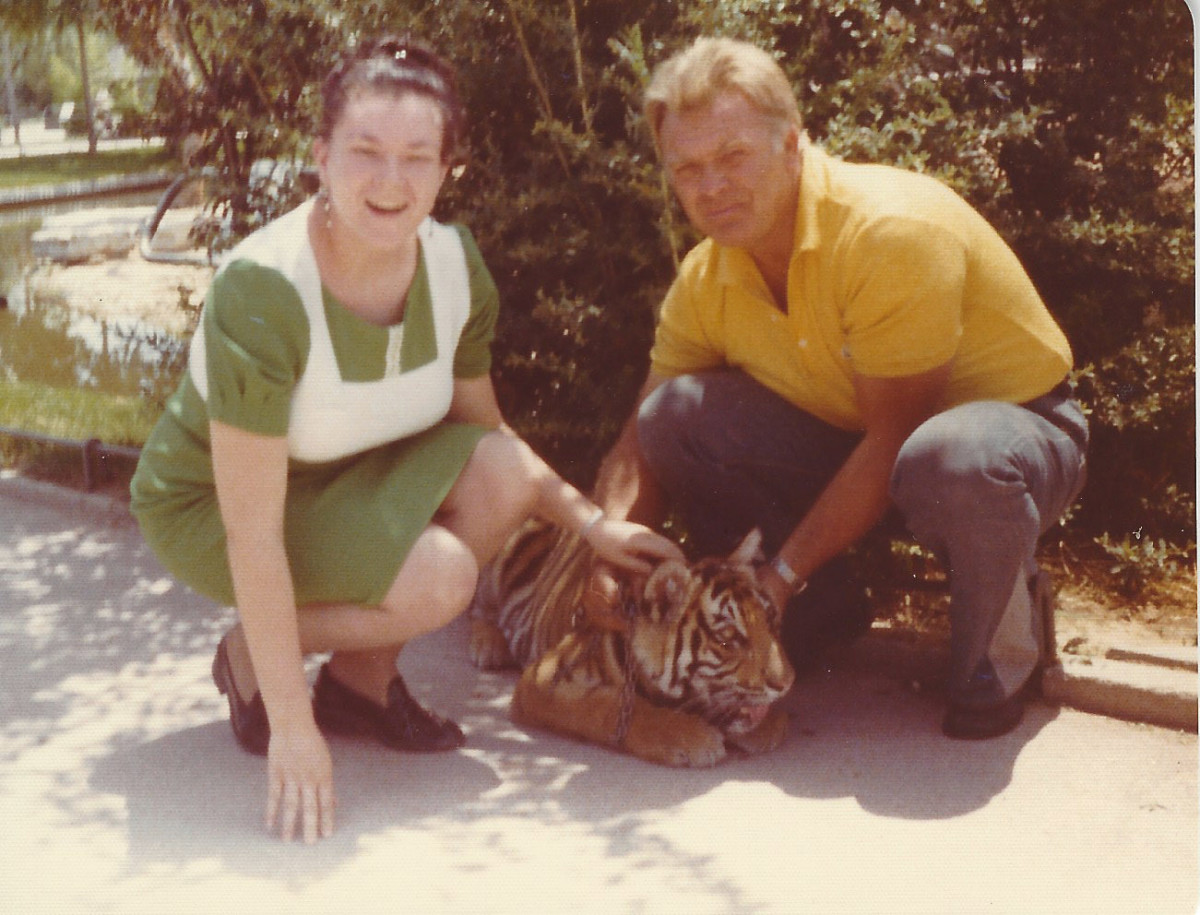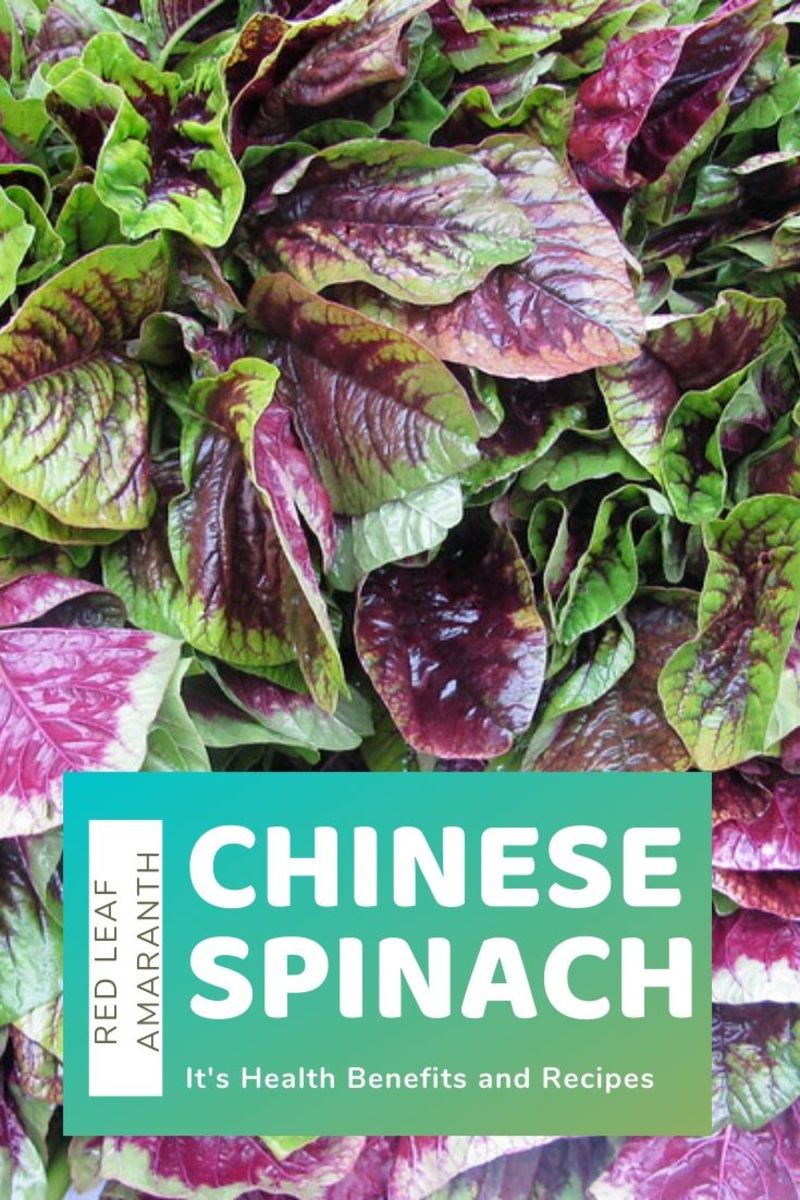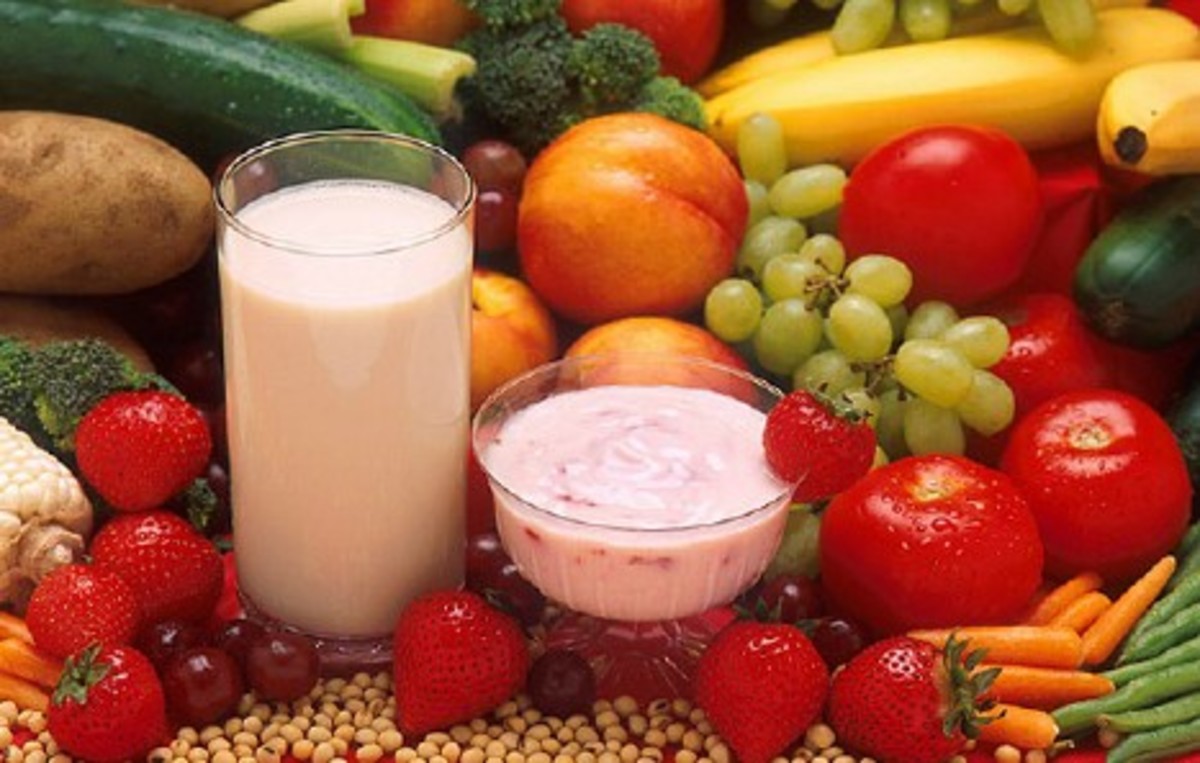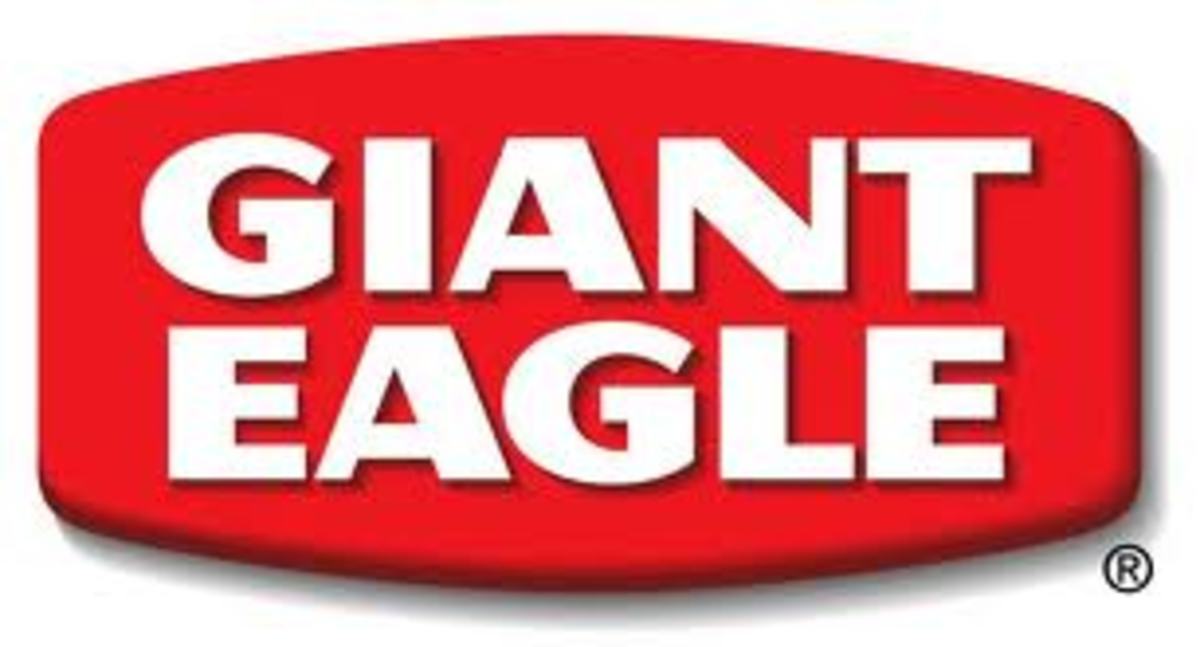Corn Doesn't Grow in a Can
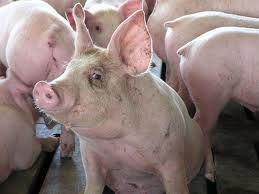
And BBQ Doesn't Grow On Trees
Earlier this week I saw a post on FB from a friend of mine that set me off. She was posting an article decrying the terrible conditions found on a farm somewhere that Newsweek© or some other national publication looking to sell some copy had produced. Not since Upton Sinclair wrote The Jungle extolling how terrible the conditions were in the stockyards and kill plants has it been so terrible - right?
I think it is high time someone tells the overly urbanized society we live in that corn doesn't grow in cans, bar-b-que doesn't fall off trees somewhere and steak doesn't come from some mystery box. We, I mean people from around the world, have gone from understanding what it takes to grow our food as an agrarian society and culture to so hyper urbanized that we don't know and are appalled when we find out tidbits of what happens along the way. Of course we would never assume that something along the way also created the need to do something a certain way, we would just be appalled because that would be the natural thing to do.
I was educated as a Food Scientist back in the 70s. I worked in a number of animal agriculture facilities and farms along the way, from rabbit and worm production up through dairy and swine production. I have been involved in all phases of animal production and processing - all the way to rendering (making usable products from what is left after all the meat and hides go to market). I think I can answer a lot of questions without being too graphic or gross, but trying to inform along the way.
Let's take pork production first since that was what my friend was so upset about. It seems the article she had read told of cutting out the young pigs baby teeth without anesthesia and docking their little tails without any pain killer either - and for no reason. First good study for sure.
A baby pig has four "needle teeth" they are born with. There is a reason why they are called needle teeth - and you can imagine why - not very long but sharp as a needle. They serve no purpose in modern agriculture as the baby pig should not be worried about a hawk or snake eating them while they are in the confines of a farmers barn. Additionally, the baby pigs mother, the sow, surely as you can imagine wishes that little baby didn't have those teeth every time he comes to nurse. As these teeth are not like our teeth and are not intended to be in the baby pigs mouth but a few weeks until regular teeth come in - they have no nerve in them. A smart farmer figured out if he quickly and humanely removed these teeth - basically breaking them off at the root, no bad things came from it. Since the sow wasn't getting stuck every time the pig nursed, she was better about letting them nurse. Surely any woman who has breast fed her own would understand that. So first problem - no pain to the piggy, no pain to sow - better results. As for the tail - it is about the size of a #2 yellow pencil if not smaller. Sharp shears are used to quickly snip off all but about 3/4" of tail. There must be that much left to allow for bodily function of the rectum of the pig. The rest that is cut off - just ends up being chewed off by other pigs causing infection and disease. It does not matter if they are kept in a smaller pen or large lot, it is a handle to chew on and it will be chewed on if not cut off. So a smart farmer - cuts them off.
You see, we have to keep in mind a farmer makes his money raising the pig to market size then selling them to a processor. A happy pig grows faster and easier and on less grain than an unhappy one - so it is in the best interest of the farmer to do things to keep the baby pig and the sow very happy. This goes to how much space allowed per pig.
The term "factory farm" is used where efficiencies of production are put into place that have been used in other industries. Millions of dollars have been spent over the past century to figure out what makes the pigs the happiest - how much space, how much room for sleeping, eating, drinking and associating with others. Believe it or not, pigs are social animals and like to have some buds around. Leave one in a pen by himself and he'll go crazy. So what if you put 2, 3 or 4 in the same pen? What about 20 or 30? It has been scientifically proven there is a perfect amount of space for baby pigs, growing pigs, sows and boars. The same has been done for laying hens, broiler chickens and dairy cows. Even beef cattle on range have been studied so the amount of space for social interaction and food supply are balanced for the well-being of the growing or reproductive health of the animals.
Think this through to the end. If a farmer can produce more eggs, meat or poultry because the animals are happier and stay healthier - don't you think he is going to do so? If he is in business to make money - not a not-for-profit but a capitalistic farm operation - don't you see why the farmer will take good care of his animals? Of course, he knows eventually they are to go to the market for processing. That is what he is growing them for - but not only do happy, healthy animals take less food or antibiotics to keep them healthy, but the farmer is paid less for un-healthy animals when they go to market. It is financially in the farmer's best interest to be sure is animals are the best possible specimens going to market.
A practice among the egg production companies is to dock the beak of the hens at one point in their growth. The reason is they will be placed in a battery of cages. Have you ever heard the term "pecking order?" Do you know where it came from? Hens, in a cage or out at the farm in the yard, develop a pecking order (so do dogs, cats, horses, bears, humans). There is a dominant animal - the one who pecks first and continues until they allow the others to "peck." The beak of a grown hen is sharp and can cause serious damage to another chicken. By using a very hot wire, the farmer can have these beaks trimmed so they aren't able to harm the other ladies in the cage with them. Oh, they still peck "at" each other - it just isn't as painful. Is there pain involved in the practice? Well, how bad does it hurt when you trim your nails? Same kind of material being trimmed here. But how does it look? Ugly. How does the media portray the act of trimming the beaks? You would think a hammer was put to the head of every hen.
You rarely if ever get a steak from a bull. However, you often will get the steak from the meat of a male bovine. How is that? One procedure found to enhance the efficiency of growth of a bull to market size was to castrate the male calf once the testicles have descended. Usually performed in one of two ways, either cutting with a scalpel sharp blade and physically removing the testicles (usually frying them up on the spot) or pulling a really tight rubber band around the scrotum of the calf which cuts off the blood and eventually the scrotum just falls off. Each process has its own pluses and minuses but anytime you can not use a knife the risk of infection is lowered. Is it painful to the calf? I've done it no less than hundreds if not thousands of times. The calf is more concerned about being hemmed up than the work that is going on underneath him.
My point of this whole article is that animal agriculture - to the general public - may seem a bit cruel at times. It appears that some unnecessary pain may be inflicted on farm critters that could be avoided. My hope is that before you jump on the side of the muck-raking animal rights fanatics, you will consider that the farmer's best interest is the welfare of his animals. You may not understand why he does something a certain way - but there is usually a good reason behind it.
The Inventurist


